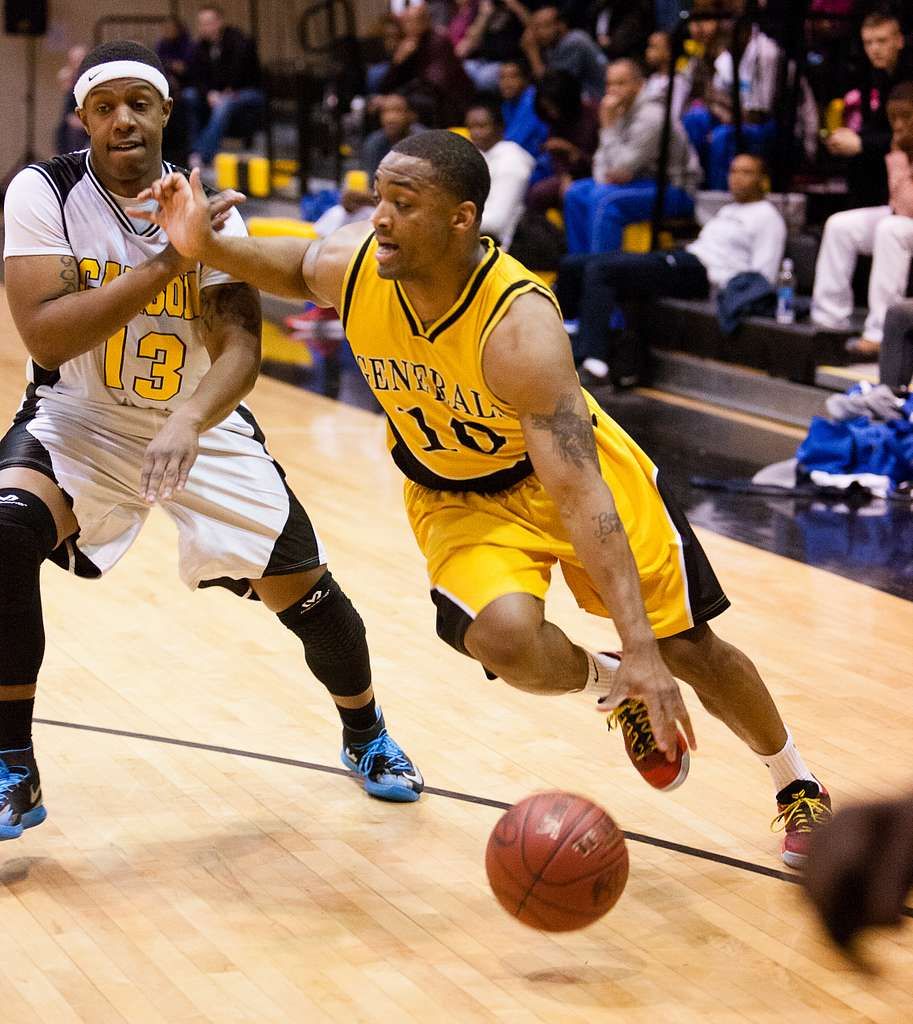Updated on: October 15, 2024 4:52 pm GMT
Have you ever wondered how a simple statistic in basketball can influence a player’s career trajectory and a team’s success? The term “DNP” stands for “Did Not Play,” and it’s a crucial detail in the world of basketball that signifies much more than just a player’s absence from the court. This article will dive into what DNP really means, its implications for players and teams, and how it can be a significant factor in shaping a player’s legacy and a team’s performance.
Understanding DNP: What It Means
DNP is a term frequently seen in box scores and game summaries, indicating a player who did not participate in a game. This absence can stem from various reasons, such as injury, coach’s decision, or rest. Understanding the context behind a DNP is key to analyzing a player’s performance and career.
- Injury: A player may be sidelined due to a physical ailment or injury.
- Coach’s Decision: Coaches might choose not to utilize certain players during a game based on strategy, matchups, or overall team dynamics.
- Rest: Over the course of a long season, players may be given rest days to prevent fatigue and injury, particularly star players.
The Impact of DNP on Players
Players often view DNPs as a double-edged sword. While it can mean recovery time or strategic rest, repeated DNPs could also indicate a decline in playing time or, worse, a sign that the player is falling out of favor with the coaching staff.
DNP and Player Contracts
For professional players, the implications of a DNP can extend beyond the court. Contract negotiations often take into account a player’s on-court performance, and a string of DNPs might affect perceptions of a player’s value. A few key points include:
- Performance Metrics: Stats such as points per game or assists are affected if a player isn’t participating.
- Trade Value: Players with consistent DNPs may find that their trade value diminishes if teams are uncertain about their health or skill level.
Team Dynamics and DNP
DNPs can significantly impact team performance and chemistry. Coaches must carefully juggle player minutes, and DNPs can disrupt the flow of the game.
Building Team Chemistry
When players frequently miss games, it can hinder the development of teamwork and communication on the court. Continuity in lineups helps players learn each other’s tendencies. For example:
- Starting Lineup Consistency: Keeping a consistent group of players on the court fosters better teamwork.
- Bench Depth: If key players are often missing, it puts pressure on the bench to perform at higher levels, which can lead to inconsistent play.
Notable Examples of DNPs
Throughout basketball history, there have been several high-profile instances where DNPs caused a stir in the sports community. Here are notable examples:
- Kobe Bryant: Early in his career, Kobe experienced several DNPs as the Lakers were building around him. He used that time to learn and develop into a superstar.
- Derrick Rose: After his MVP season, injuries led to an extended period of DNPs, which significantly impacted the Chicago Bulls’ overall performance.
Celebrity Life and Family: Personal Stories of DNPs
DNPs can reflect personal stories behind the players. Often, these behind-the-scenes perspectives reveal their struggles, triumphs, and relationships that shape them both on and off the court.
Family Background
Many players grew up in challenging environments, where they faced obstacles that could easily lead to DNP experiences in their professional careers.
- Heat of Competition: Those who emerge from tough backgrounds often have a strong work ethic, driving them to overcome DNP situations.
- Support Systems: Family support is paramount. Loving, motivating families can help players bounce back from DNPs by providing emotional and practical support.
Education and Personal Development
Some players take time off to focus on their education, turning a DNP into an opportunity for growth.
- Balancing Act: Players like Chris Bosh often emphasized the importance of education alongside their careers. Taking time off for education eventually proved invaluable to their life off the court.
Conclusion: DNPs as a Lens into a Player’s Journey
Understanding the implications of DNPs in basketball reveals much more than a simple box score statistic. It showcases the delicate balance of player health, team dynamics, and personal development. DNPs can be formative experiences that shape a player’s career and personal life, leading to resilience and growth.
As fans and analysts look into the future, keeping an eye on DNP stats allows for a deeper understanding of not just what happens on the court, but also the nuances that play out behind the scenes. Awareness of the meaning and ramifications of DNPs can help fans appreciate the complexities of player journeys, ensuring respect and understanding for their favorite athletes.
If you want to learn more about basketball stats and how they help players get better, check out our article on basketball statistics and what they mean for players’ careers.
